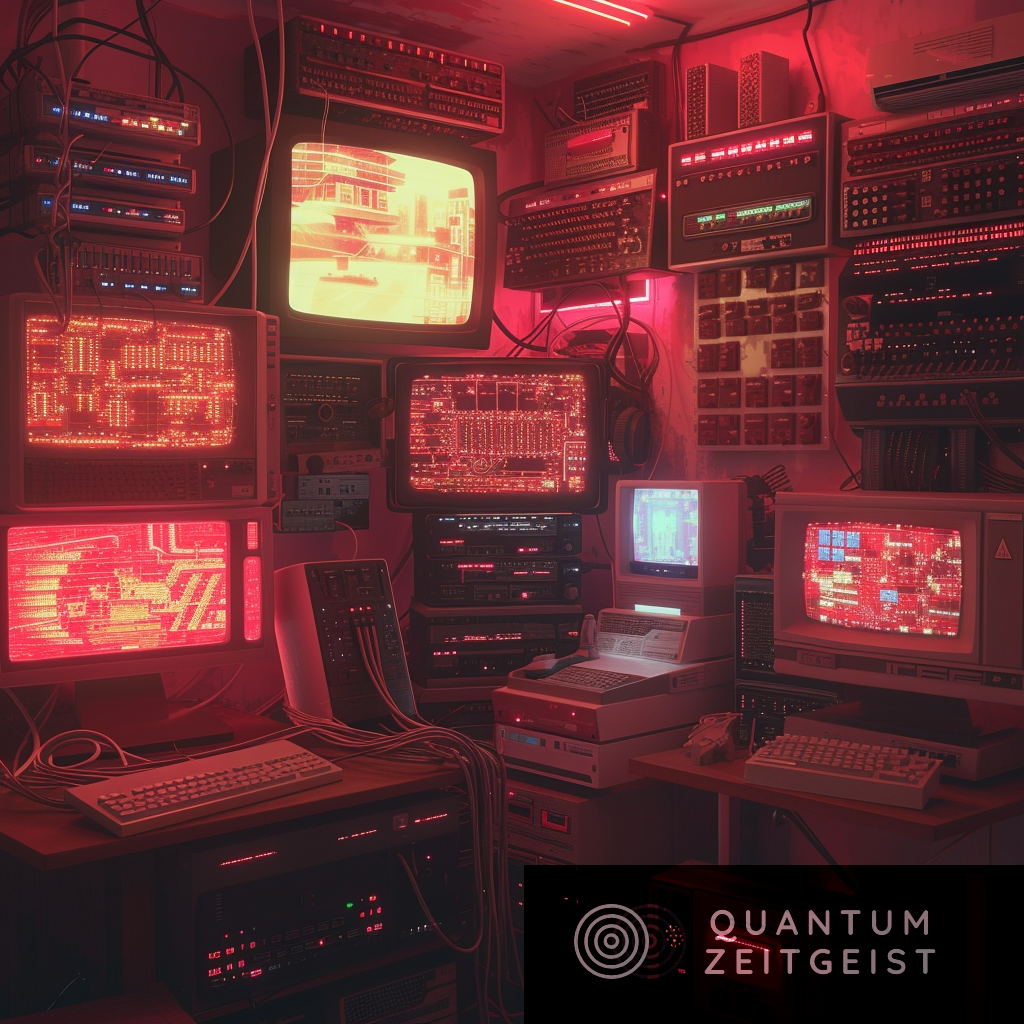Researchers from various Swiss institutions have conducted a technical review to benchmark software packages capable of simulating quantum dynamics. The rapid advancement in quantum computing technology has increased the need for software simulators for algorithm design and validation of results from quantum hardware. The researchers developed a toolchain for benchmarking a large set of simulation packages on a local high-performance computing (HPC) cluster. The results can assist in selecting the right package for a given simulation task and establish a foundation for a systematic community effort to benchmark and validate upcoming versions of existing and new simulation packages.
Quantum Computer Simulation Software Benchmarking
Amit Jamadagni, Andreas M Lauchli, and Cornelius Hempel, researchers from the Laboratory for Theoretical and Computational Physics Paul Scherrer Institute PSI, ETH ZürichPSI Quantum Computing Hub Paul Scherrer Institut, Institute of Physics Ecole Polytechnique Federale de Lausanne EPFL, and Institute for Quantum Electronics ETH Zürich ETHZ, have conducted a technical review to benchmark several software packages capable of simulating quantum dynamics.
The Need for Software Simulators
The rapid advances in quantum computing technology have led to an increasing need for software simulators. These simulators enable both algorithm design and the validation of results obtained from quantum hardware. High-performance computing (HPC) platforms play a crucial role as today’s quantum devices already reach beyond the limits of what powerful workstations can model. However, a systematic evaluation of the individual performance of the many offered simulation packages is lacking.
The Role of Software Packages in Quantum Computing
Efficient general-purpose software simulators for quantum computation provide the means to develop algorithms, anticipate performance gains, and estimate resource requirements for future deployment on actual quantum hardware. A large variety of software packages designed to simulate quantum computers exist, but not all are regularly maintained or continue to be developed. Depending on the simulation task, the computational performance of packages can differ by more than two orders of magnitude at both small and large problem sizes, even when run on the same hardware.
Hardware Accelerations and Performance Improvements
Hardware accelerations enabled by multithreading and the use of GPUs yield substantial performance improvements. However, at problem sizes between 25 qubits (CPUs) and 30 qubits (GPUs), all evaluated packages cross over into exponential scaling behavior. Significant differences in prefactors are observed.
Quantum Computer Simulation Packages
The recent advances in quantum computing hardware have led to increased momentum in the development of software that can simulate quantum circuits. Many new software packages have appeared over the past five years. The development goals of these packages range from the validation of quantum hardware using error models on an abstract or a device-specific level to the simulation of hardware-agnostic high-level quantum logic operations.
Benchmarking Performance of HPC-Compatible Software Packages
HPC clusters are naturally positioned at the forefront of this boundary and therefore a key aspect of the analysis is to benchmark the performance of HPC-compatible software packages. Several different strategies are employed by software packages in the simulation of quantum circuits, usually chosen based on the primary use case envisioned by the developers.
Conclusion
The researchers developed a containerized toolchain for benchmarking a large set of simulation packages on a local HPC cluster using different parallelization capabilities. They compared the performance and system size scaling for three paradigmatic quantum computing tasks. The results can help in finding the right package for a given simulation task and lay the foundation for a systematic community effort to benchmark and validate upcoming versions of existing and also newly developed simulation packages.
In the article titled “Benchmarking quantum computer simulation software packages“, authors Amit Jamadagni, Andreas M. Läuchli, and Cornelius Hempel provide an in-depth analysis of various quantum computer simulation software packages. The article was published on January 17, 2024, and can be accessed through the DOI link provided. The research was sourced from arXiv, a repository of electronic preprints approved for publication after moderation, hosted by Cornell University.

